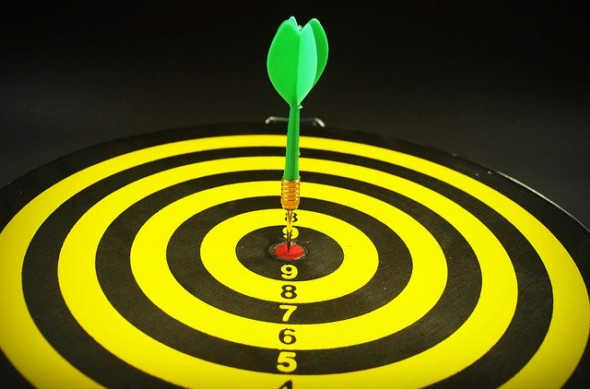
What is the difference between passive concentration and active concentration?
Are they different?
As you know, concentration is very important in life and is one of the main factors for success or failure in all areas.
Most people find it difficult to focus their minds. Sometimes, they do concentrate, but this is passive concentration. Let me explain.
What Is Passive Concentration
- When you read a fascinating book, do you sometimes forget everything else and get completely immersed in the book?
- While watching a good movie or a good show, do you become oblivious to everything else, even to hunger, your chores, or the people around you?
- When you are engaged in an activity that you like very much, do you forget about the time, and it seems to pass very fast? At such times, you can ignore thoughts, noises, people, pain, and problems. It is as if the activity you are engaged in draws your whole attention without any effort on your part. This is passive concentration.
Passive concentration is an automatic mind activity initiated through external factors. You do not initiate it consciously and voluntarily, yet it is concentration.
This proves that even people who say they cannot concentrate actually can and do concentrate. However, this is not enough. You also need to possess active concentration.
What Is Active Concentration?
- Making plans, studying, doing something you never did before, carrying out chores and tasks that you don’t like doing, require attention, and focusing on what you are doing.
- Preparing for an exam, doing something that you are not accustomed to doing, or meditating also requires that you focus your attention.
You might find it difficult to focus your mind in all these cases.
When you do something you have to do but don’t like doing, you probably find it hard to keep your mind focused. You must actively and intently concentrate your mind because your mind keeps being distracted.
Focusing your mind intently upon a particular thought, activity, or task requires attention, willpower and perseverance.
This is a conscious act, and you need to keep bringing your mind back repeatedly to the subject or activity you are focusing on. This is an active concentration.
Unlike passive concentration, active concentration requires effort and conscious attention.
Passive Concentration Is Common
Passive concentration is quite common and is an automatic activity. It occurs when you are engaged in activities you love and enjoy doing or when some external factor completely draws your attention.
On these occasions, the activity or external factor controls your attention. It is not you who voluntarily pays attention.
This might sound difficult, but the mind can be trained to focus.
A few minutes of concentration exercises every day, in time will develop the ability to focus the mind on the task on hand, a thought or an idea, even without effort. You will be able to hold your mind on one thought or subject without being distracted, even for long periods.
Just think about how much time and energy you can save and how much you can accomplish when you develop active concentration.
Strive to focus on what you are doing. If distracted, bring your mind back, over and over again, to what you are doing, be it work, sport, reading, cooking, or cleaning. Gradually, your concentration will improve.
“When every physical and mental resources is focused, one’s power to solve a problem multiplies tremendously.”
– Norman Vincent Peale
“The powers of the mind are like the rays of the sun. When they are concentrated, they illumine.”
– Swami Vivekananda
“Concentration and mental toughness are the margins of victory.”
– Bill Russell
For more information about concentration, read:
The Power of Concentration
Focus Your Attention



